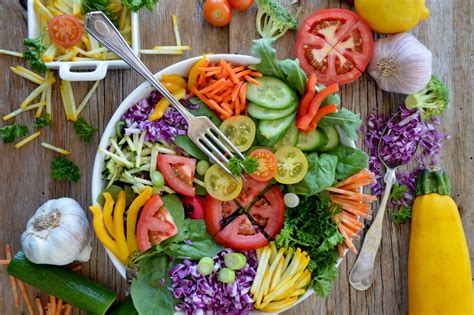Best foods to naturally boost testosterone and optimize muscle recovery?
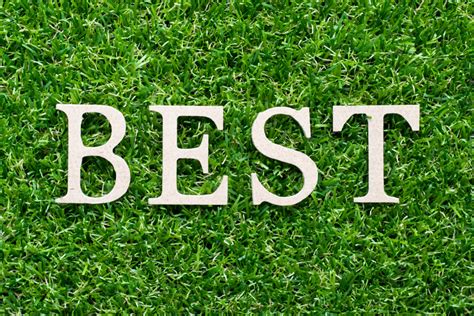
Fueling Your Body for Peak Performance and Recovery
For individuals focused on strength, vitality, and overall well-being, naturally optimizing testosterone levels and ensuring efficient muscle recovery are paramount. Testosterone plays a vital role in muscle growth, bone density, and mood, while effective recovery is essential for progress and injury prevention. The good news is that your diet can be a powerful tool in achieving both. By integrating specific nutrient-dense foods, you can create an internal environment conducive to hormonal balance and rapid repair.
This article delves into the top food choices that not only support healthy testosterone production but also provide the building blocks and anti-inflammatory compounds needed for optimal muscle recovery.
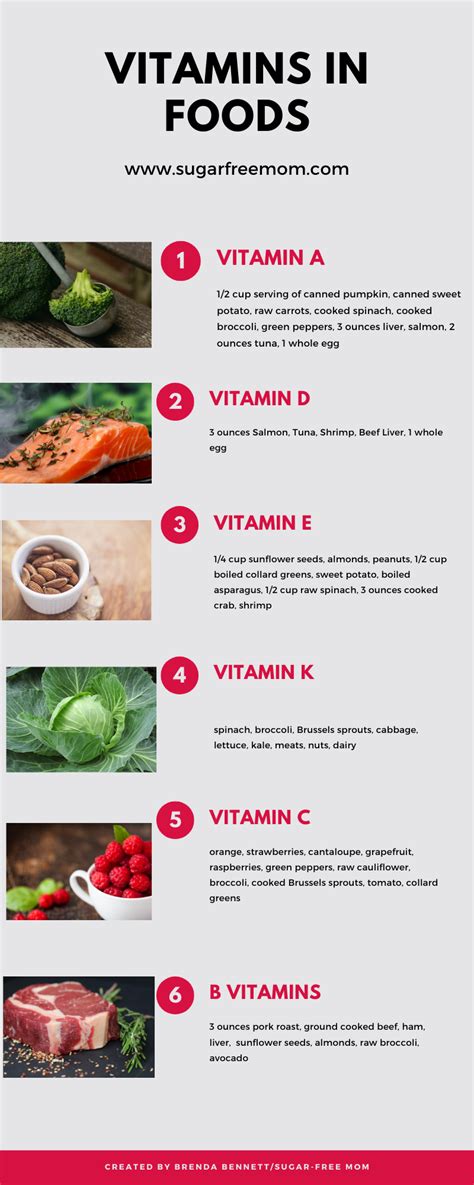
Testosterone-Boosting Foods: The Hormonal Foundation
Certain micronutrients and macronutrients are critical for the synthesis and regulation of testosterone. Incorporating these foods into your daily regimen can make a significant difference.
- Zinc-Rich Foods: Zinc is a crucial mineral for testosterone production. Deficiencies can lead to lower levels. Excellent sources include oysters, red meat (especially beef), poultry, beans, nuts (like pumpkin seeds and cashews), and dairy products.
- Vitamin D Sources: Often called the ‘sunshine vitamin,’ Vitamin D is actually a hormone precursor linked to testosterone levels. While sunlight is a primary source, dietary options include fatty fish (salmon, mackerel, tuna), egg yolks, and fortified foods like milk and cereals.
- Healthy Fats: Cholesterol is a precursor to testosterone, and healthy fats are essential. Monounsaturated and polyunsaturated fats found in avocados, olive oil, nuts (almonds, walnuts), and seeds (flaxseeds, chia seeds) support hormone production and overall endocrine health.
- Cruciferous Vegetables: Foods like broccoli, cauliflower, cabbage, and Brussels sprouts contain compounds like indole-3-carbinol, which help reduce estrogen levels in the body, potentially leading to a more favorable testosterone-to-estrogen ratio.
Muscle Recovery Champions: Rebuild, Repair, and Reduce Inflammation
Post-workout, your muscles need to repair and rebuild. Providing the right nutrients can speed up this process, reduce soreness, and prepare you for your next session.
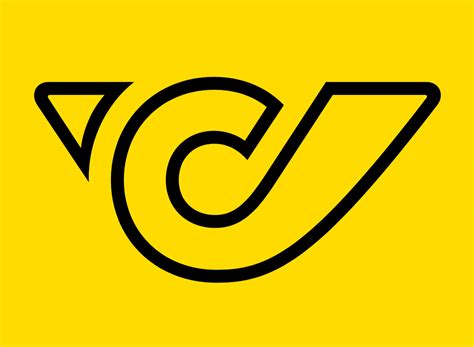
- High-Quality Protein: The building blocks of muscle, protein is indispensable for repair and growth. Lean meats (chicken breast, turkey), fish (tuna, cod), eggs, dairy (Greek yogurt, cottage cheese), whey protein, and plant-based options like lentils, chickpeas, and tofu provide essential amino acids. Aim for a mix of fast and slow-digesting proteins.
- Complex Carbohydrates: After intense exercise, glycogen stores in your muscles are depleted. Complex carbs like sweet potatoes, brown rice, quinoa, whole-grain bread, and oats replenish these stores, providing energy for recovery and subsequent workouts.
- Anti-Inflammatory Foods: Exercise causes microscopic damage and inflammation. Foods rich in antioxidants and anti-inflammatory compounds can mitigate this. Berries (blueberries, raspberries), cherries, leafy greens (spinach, kale), turmeric, ginger, and fatty fish (due to omega-3s) are excellent choices.
- Electrolyte-Rich Foods: Replenishing electrolytes lost through sweat is vital for proper muscle function and hydration. Bananas (potassium), spinach (magnesium), and coconut water (potassium, sodium) are natural sources.

Putting It All Together: Synergistic Meals for Optimal Results
The key to success lies in combining these foods strategically. Think about balanced meals that incorporate elements from both categories.
- Breakfast: Scrambled eggs with spinach and a side of whole-grain toast with avocado.
- Lunch: Salmon salad with mixed greens, broccoli, and a lemon-olive oil dressing.
- Post-Workout Snack: Greek yogurt with berries, pumpkin seeds, and a drizzle of honey.
- Dinner: Lean beef stir-fry with a variety of cruciferous vegetables, served over quinoa.
Remember that consistency is crucial. Adopting these eating habits as a long-term lifestyle choice will yield the best results for both your hormonal health and physical recovery.
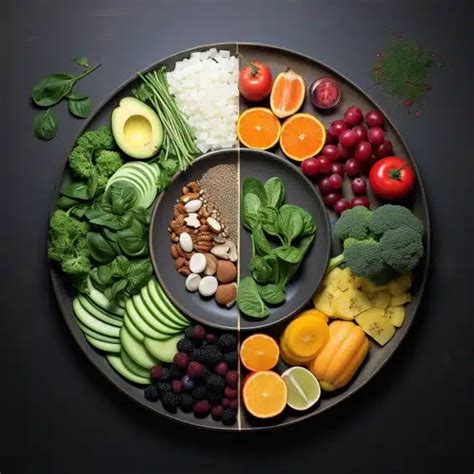
Beyond Food: A Holistic Approach
While nutrition is a cornerstone, remember that other lifestyle factors significantly impact testosterone and recovery. Adequate sleep, regular resistance training, stress management, and maintaining a healthy body fat percentage all contribute to a synergistic effect alongside a nutrient-rich diet. Hydration is also non-negotiable for all bodily functions, including hormone transport and nutrient delivery to muscles.
Conclusion
Optimizing testosterone and muscle recovery through diet is an achievable goal that can dramatically enhance your health and fitness journey. By prioritizing zinc, Vitamin D, healthy fats, quality protein, complex carbohydrates, and anti-inflammatory foods, you provide your body with the essential tools it needs to thrive. Make smart food choices a foundational part of your routine, and you’ll not only feel stronger and more energetic but also support your body’s natural ability to perform and heal at its best.
